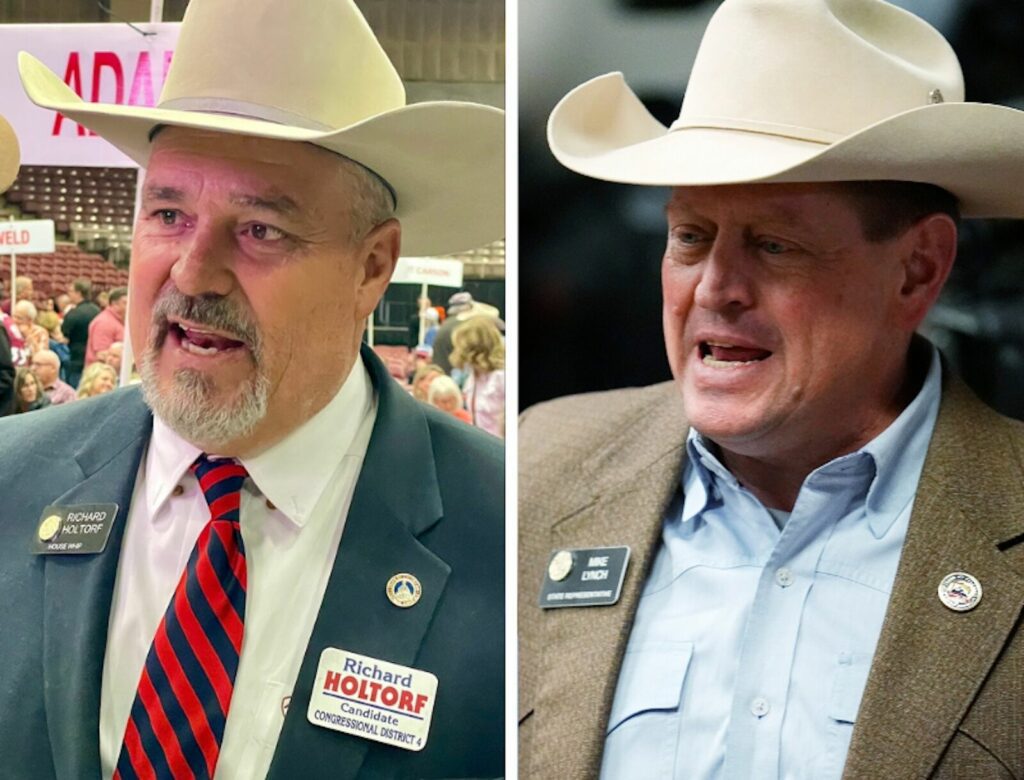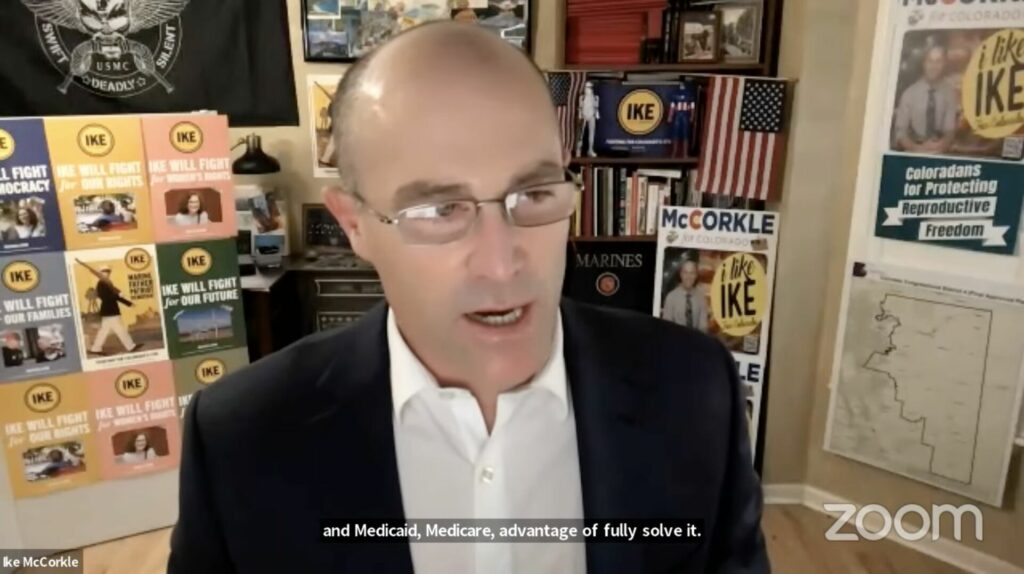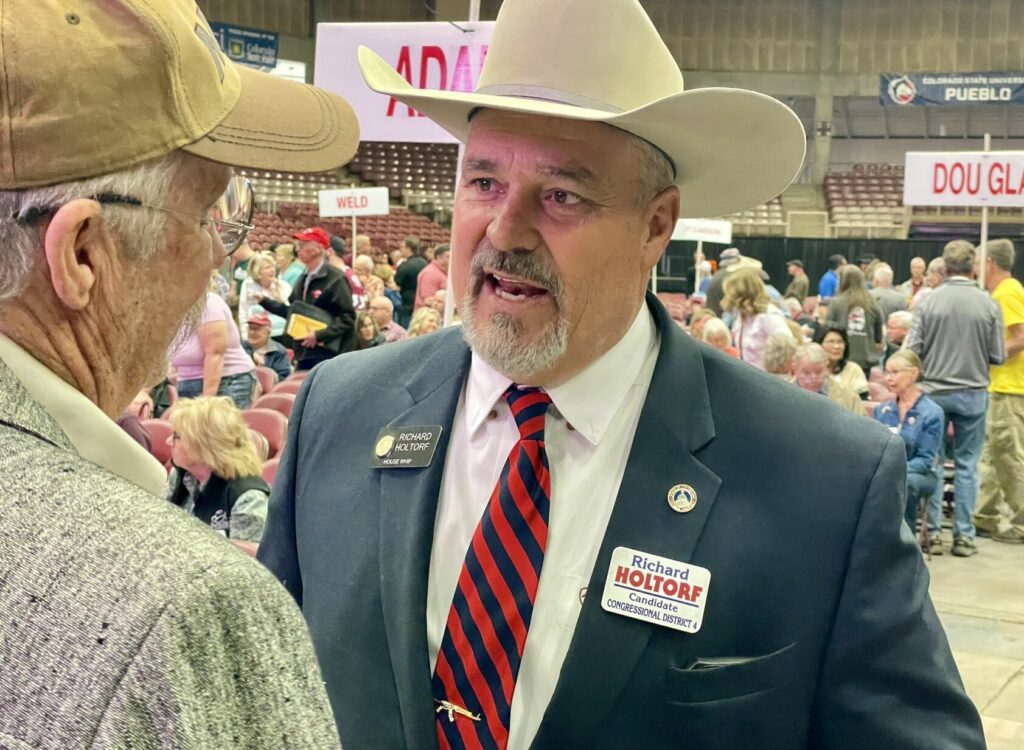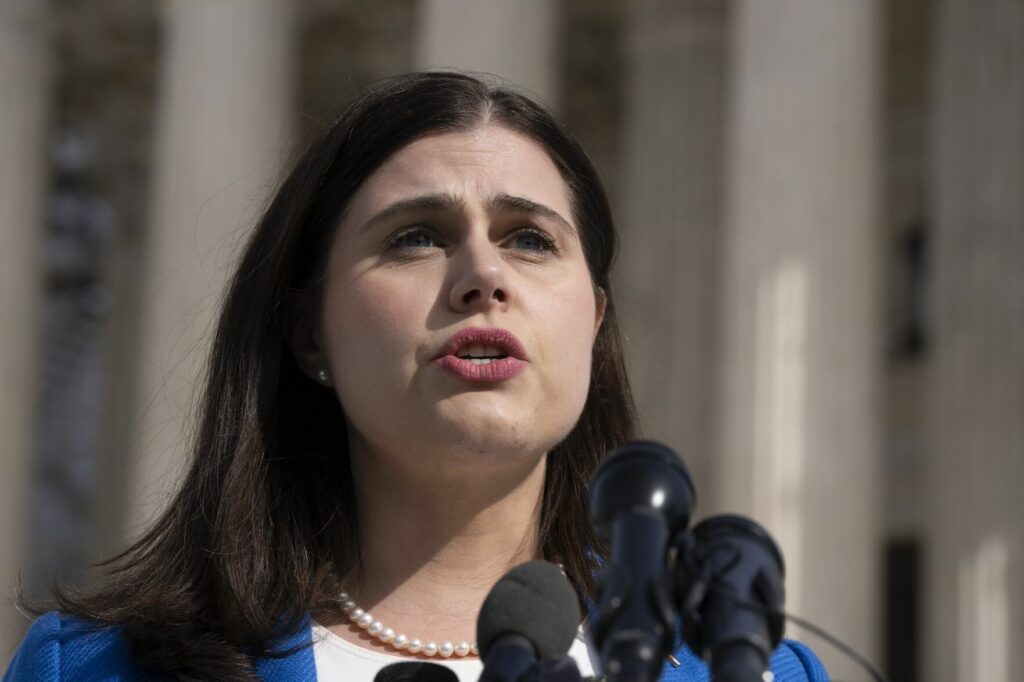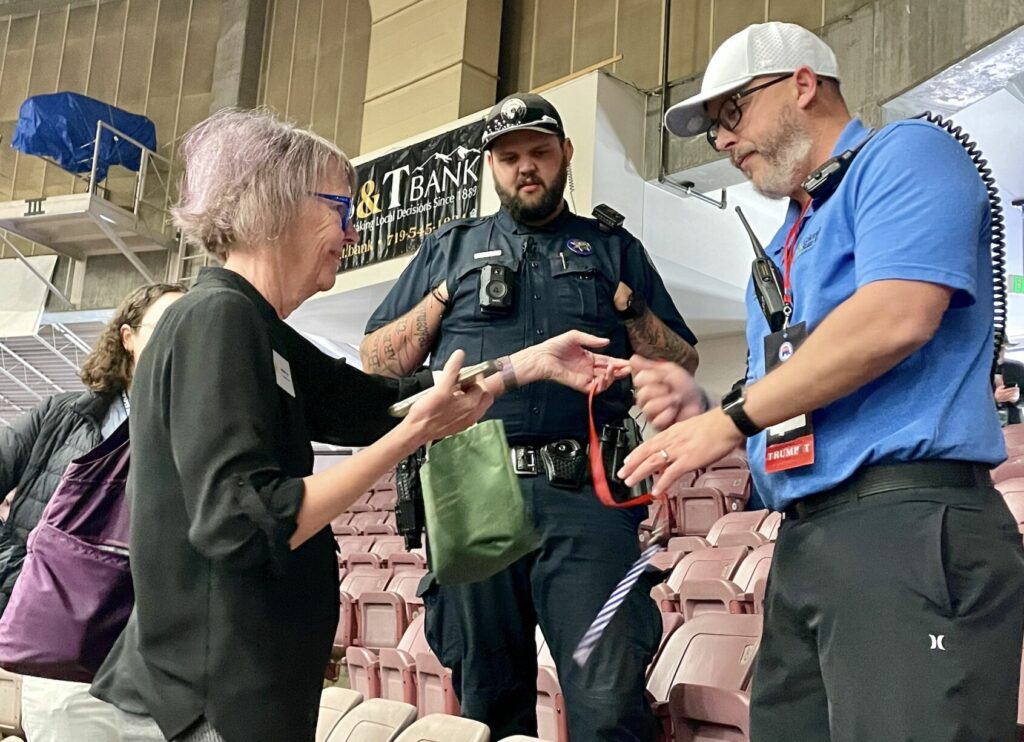Contentious exchanges punctuate hearing on GOP’s challenge to Colorado primary law

A federal judge heard closing arguments on Wednesday about whether the 48% of Colorado voters who are unaffiliated should be barred from participating in the state’s Republican Party primary, with multiple contentious exchanges in the hearing’s final hours.
The Colorado Republican Party is alleging a 2016 voter-approved law violates its First Amendment rights by forcing it to let unaffiliated voters cast ballots in its primary elections, even though those voters by definition are not party members. The party has argued registered unaffiliateds, who outnumber registered Republicans by 2 to 1, will effectively sway the outcome of GOP elections.
“How would the Republican Party here prove that has ever happened?” asked U.S. District Court Chief Judge Philip A. Brimmer. “If a state wants to include as many voters as possible by having some type of more open primary system, is that a legitimate interest, as well?”
The Colorado GOP filed suit last year to strike down Proposition 108, a 2016 ballot initiative that permits unaffiliated voters to cast a ballot in either the Republican or Democratic primaries in June for races other than the presidency. Proponents argued that allowing unaffiliated voters to participate in partisan primaries would make candidates more responsive to “a broader range of interests.”
Since then, the state Republican Party has attempted to opt out of the primary elections, with some conservatives bristling at the notion that non-party members would have a say in selecting the GOP’s candidates. The effort has been unsuccessful, with a 2023 vote of the party’s central committee resulting in only 65% support for the opt-out – short of the necessary 75% threshold.
“You’re forcing the party to accept people at the most critical time – when deciding on its nominee – who abjectly refused to join the party. That violates their associational rights in a very severe way,” argued the GOP’s attorney, John C. Eastman, who faces criminal charges in Georgia for his involvement in efforts to overturn the 2020 presidential election results.
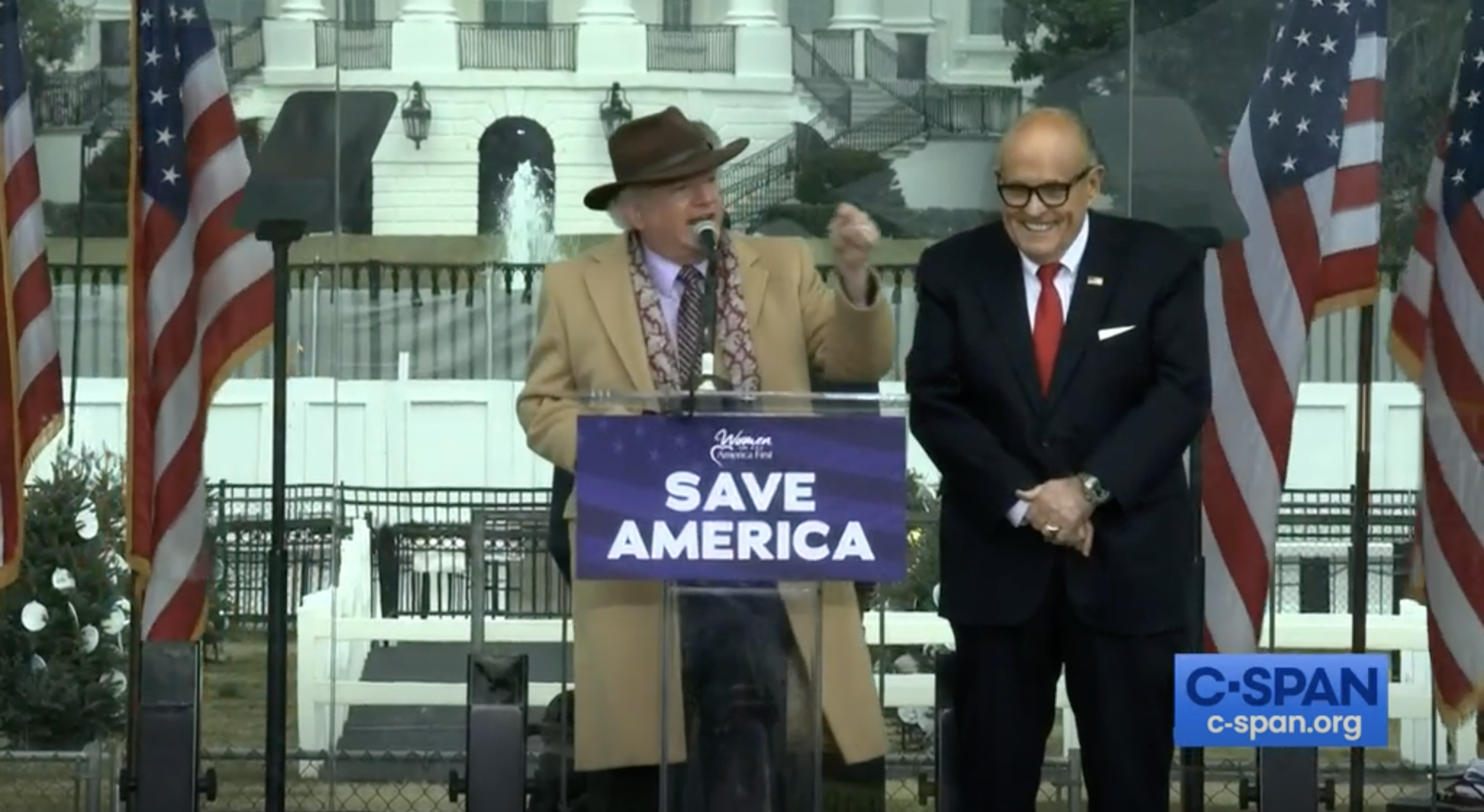
In the alternative, the party is asking Brimmer to only strike down the legal requirement that three-fourths of the party’s central committee agree to opt out of a primary election and select candidates through a members-only process. Eastman noted the GOP’s 2023 vote showed a majority of the party already prefers that option.
Assistant Attorney General Kyle M. Holter countered that Brimmer should refrain from inserting himself into an “internal disagreement in the party.”
“The party’s complaint seems to presume the court could create for them a closed, state-funded primary. There’s no authority for this court to do that,” he said.
Philosophical differences between Republicans were on display during the testimony of Dick Wadhams, a former state GOP chair, Colorado Politics contributor and longtime campaign operative. He said he “wasn’t crazy” about Prop 108 at first, but ultimately realized it was necessary for Republican candidates to craft messages that appeal to unaffiliated voters in order to win in Colorado.

“It forces candidates to actually think about unaffiliated voters because they can vote in the primary. I think that’s a good thing,” Wadhams said. “We’ve had many Republican candidates who have not thought about that and they have lost.”
Randy B. Corporon, a lawyer for the GOP, pressed Wadhams to admit his personal distaste for current GOP Chair Dave Williams, who opposes allowing unaffiliateds to participate.
“When you wrote about him in July of 2023 and you referred to him as ‘”Comrade Dave” Williams and his merry gang of Soviet-style purists,’ there’s nothing personal there?” said Corporon.
“Can I answer why I said that about him?” responded Wadhams.
“No,” replied Corporon.
“Why did you say that about Chairman Williams?” asked Olivia Probetts of the Colorado Attorney General’s Office, who called Wadhams to testify on behalf of the state. Wadhams responded that he did not care for Williams’ handling of the primary opt-out vote.
At another point, Brimmer, a George W. Bush appointee, became irritated with the state’s line of questioning about the presidential primary election, which is currently underway in Colorado and is not governed by Prop 108. Another measure, Prop 107, permits unaffiliateds to vote in presidential primaries, but the GOP’s lawsuit does not implicate that provision.
“There’s not even a challenge to 107,” Brimmer interrupted as the attorney general’s office probed a witness about adverse effects to the presidential primary. “If I don’t declare anything unconstitutional as to Prop 107, which I won’t because it’s not an issue in this case, then that’s not going to happen.”
Among the other witnesses, Hilary Rudy, the deputy elections director in Secretary of State Jena Griswold’s office, testified Colorado would be risking the improper counting of unaffiliated voters’ ballots in 2024 if Brimmer were to block Prop 108 and force the state to quickly pull all GOP ballots destined for unaffiliated voters. Rudy added the roughly two million unaffiliateds might become confused about why they could vote in the March presidential primary, but not in the June primary for other races.
“I think it would feed mistrust,” she said.
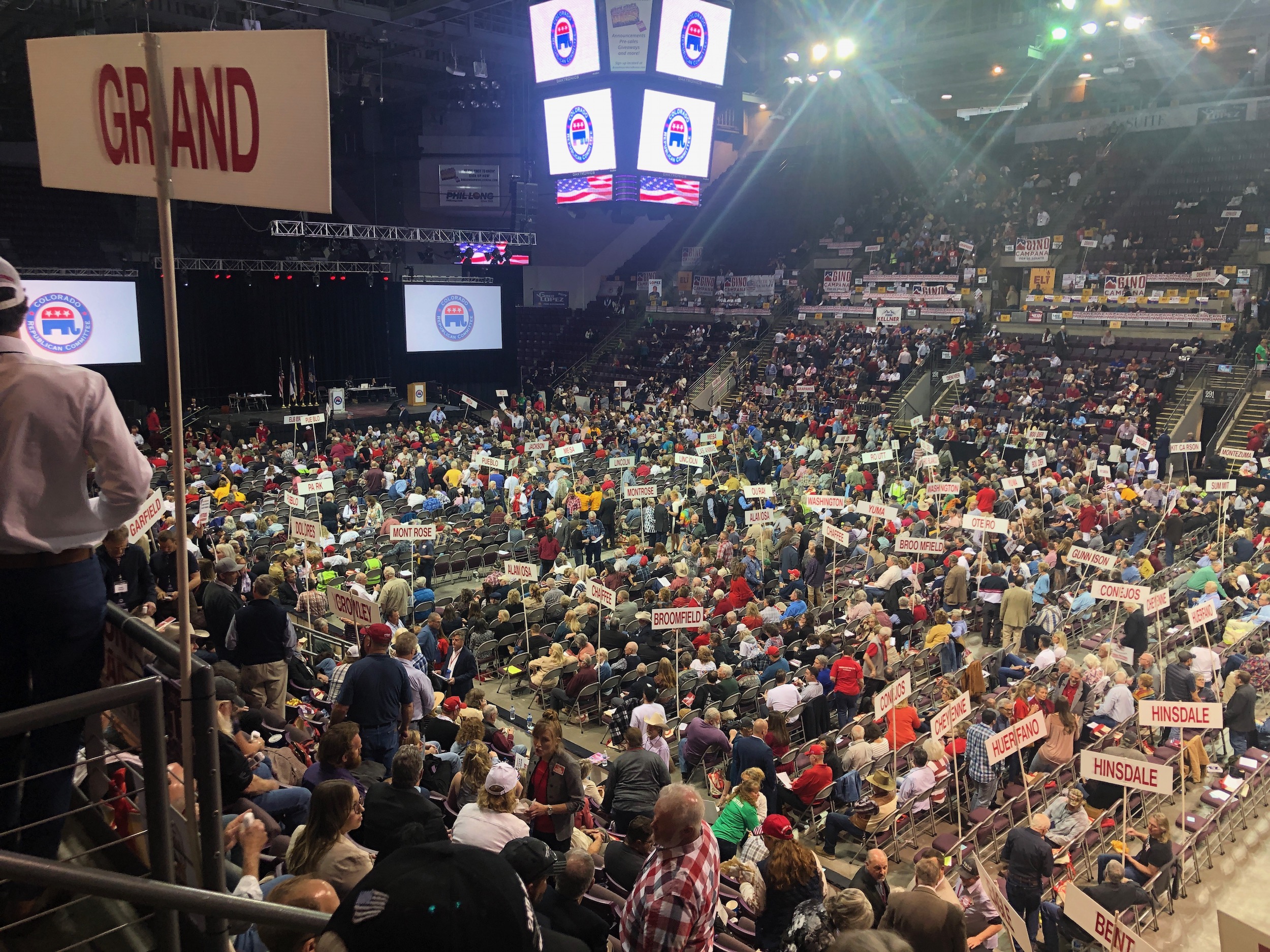
John Sides, a political science professor at Vanderbilt University in Nashville, also testified that states with more open primaries like Colorado’s experience higher voter turnout. He found no evidence that allowing unaffiliated voters to participate in party primaries results in more moderate candidates who are less committed to the party platform.
“In order to understand unaffiliated voters, we have to take into account the fact that many of them do actually have some degree of partisan loyalty,” he noted.
In closing, the Colorado GOP relied heavily on a 2000 U.S. Supreme Court case, California Democratic Party v. Jones, which struck down California’s open primary system on First Amendment grounds. However, California’s process, in which all names appeared on the same ballot and voters could choose any candidate, was markedly different from Prop 108.
“The state may well want to encourage more voter participation. But that is exactly the interest the Supreme Court in Jones foreclosed,” argued Eastman.
Reflecting on the testimony, Brimmer acknowledged that unaffiliated voters may choose to participate in the GOP’s primary not to sabotage the party’s chances by voting for a candidate the party does not prefer, but because their views happen to align with Republicans.
“Unaffiliated voters who may vote in party selection could have a number of different motives. And some of them may be fairly benign. Perhaps,” he said, “one shouldn’t automatically assume that a lot of them are ‘raiders’ with a bad motive.”
“Exactly,” said Holter, the assistant attorney general.
Brimmer will issue a written decision on the state GOP’s request for a preliminary injunction.
The case is Colorado Republican Party v. Griswold.




